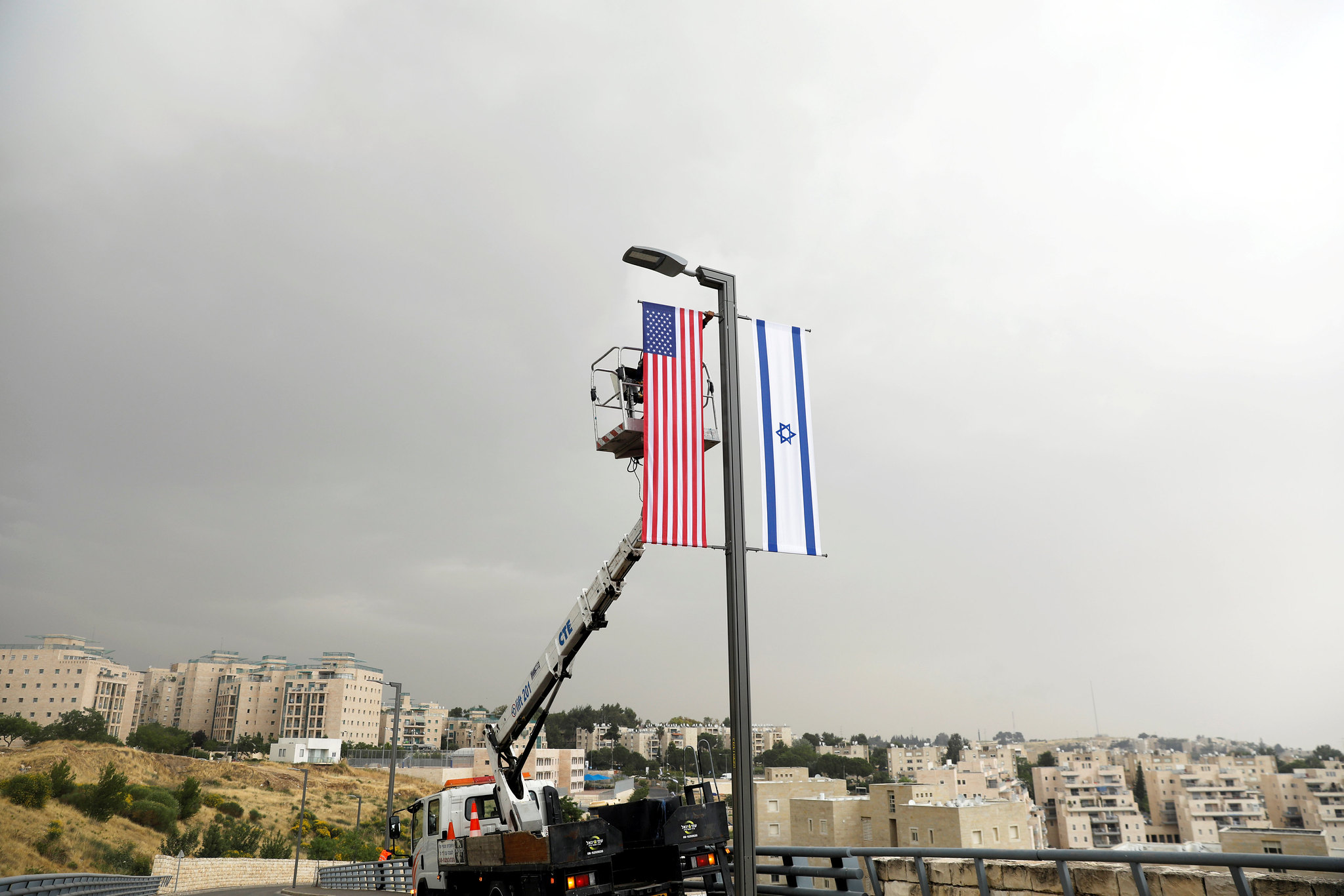On September 17, 1978, President Jimmy Carter faced a critical moment. For nearly two weeks, he had been at Camp David with Egyptian President Anwar al-Sadat and Israeli Prime Minister Menachem Begin, striving for a historic peace agreement. Although Begin had been difficult, Carter made significant progress by negotiating directly with key Israeli figures like Moshe Dayan and Ezer Weizman. When Begin announced he could compromise no further and prepared to leave, Carter made a personal gesture. He signed photographs for each of Begin’s grandchildren and personally delivered them. This emotional appeal led Begin to reconsider, and he soon reached a breakthrough with Sadat, laying the foundation for the Egyptian-Israeli peace treaty six months later.
Despite this success, many in Washington saw Carter’s foreign policy as a failure. Critics pointed to the Islamic Revolution in Iran and the U.S. hostage crisis, and his approach of mixing soft and hard power was often misunderstood. However, Carter’s legacy is one of enduring impact. He was a liberal internationalist and a peacemaker, favoring diplomacy over military force—a stance that earned him the Nobel Peace Prize in 2002. Carter advocated for free trade and believed U.S. foreign policy should reflect American values. Notably, no American died in combat during his presidency.
Rebuilding American Power
By 1977, the Cold War was intense, with the Soviet Union expanding its influence in Africa and building its nuclear arsenal. Carter, initially a foreign policy liberal, realized the need for more U.S. hard power. He increased defense spending by 12 percent and approved major weapons systems later used by the Reagan administration, such as the stealth bomber and modern cruise missiles. The Soviet invasion of Afghanistan in 1979 marked a turning point. Carter imposed sanctions, embargoed grain, and announced the U.S. boycott of the Moscow Olympics. He also declared the Carter Doctrine, asserting U.S. military force to ensure the free flow of oil from the Persian Gulf.
Human Rights and Diplomacy
Human rights were central to Carter’s foreign policy. He negotiated the Panama Canal Treaty, transferring control to Panama and resolving a long-standing grievance. Carter cut military aid to dictators in Latin America and threatened to withhold aid from countries that imprisoned political dissidents. The U.S. State Department, under his leadership, issued its first annual Human Rights Report, assessing nearly 200 countries. Carter’s human rights stance also pressured the Soviet Union, supporting dissidents and advocating for Soviet Jews, which helped liberalize the USSR.
Carter’s crowning achievement was the Camp David Accords. Despite the complex Middle East dynamics, he successfully brokered a peace agreement between Egypt and Israel, ending decades of conflict. His dedication and personal diplomacy were crucial to this success, making it one of the greatest diplomatic achievements by a U.S. president.
The Iranian Crisis
Carter’s foreign policy struggles included the Iranian Revolution and the subsequent hostage crisis. His administration’s focus on the Egypt-Israel peace process left Iran as a blind spot. The U.S. intelligence community failed to foresee the revolution, leading to the worst intelligence failure in modern American history. Critics argue that Carter’s human rights policy weakened the Shah, but Carter never publicly criticized him and assured U.S. support for a crackdown on unrest. When hostages were taken, Carter chose diplomacy over military action, prioritizing their safety, although the hostages were only released after he lost the election.
Carter’s Lasting Influence
After leaving office, Carter continued his peacemaking efforts through the Carter Center, promoting peace, democracy, and health worldwide. His work in eradicating Guinea worm disease and monitoring elections has had a lasting impact. Had he been reelected, Carter would have pursued further nuclear arms reductions and pushed for Israeli-Palestinian peace, potentially leading to a more peaceful Middle East.
Carter’s foreign policy legacy is visible in modern U.S. policies, including the Biden administration’s blend of hard and soft power, human rights focus, and strategic ambiguity with China. His successful Middle East diplomacy remains unmatched, highlighting the need for skilled diplomacy in today’s complex world.




